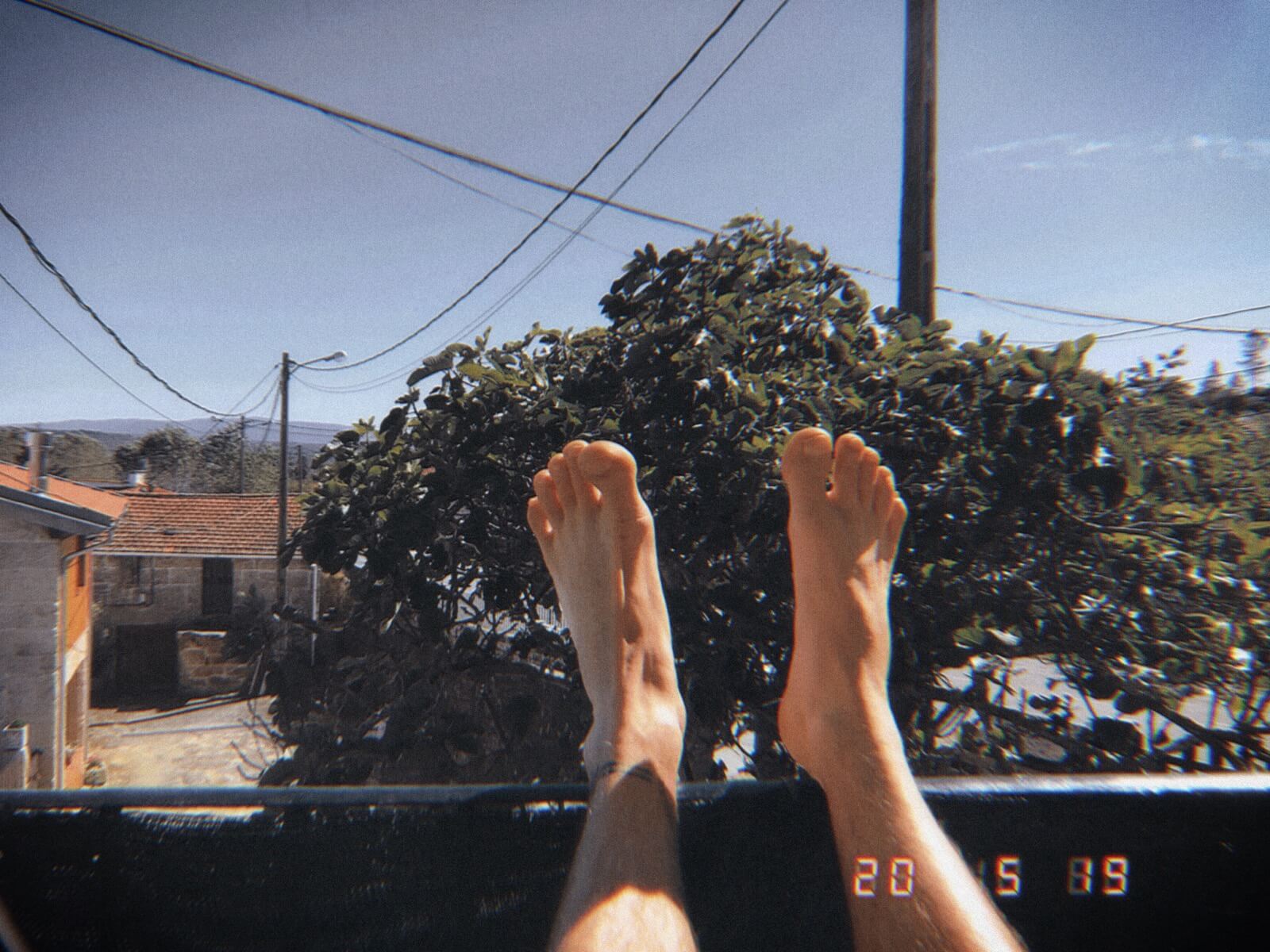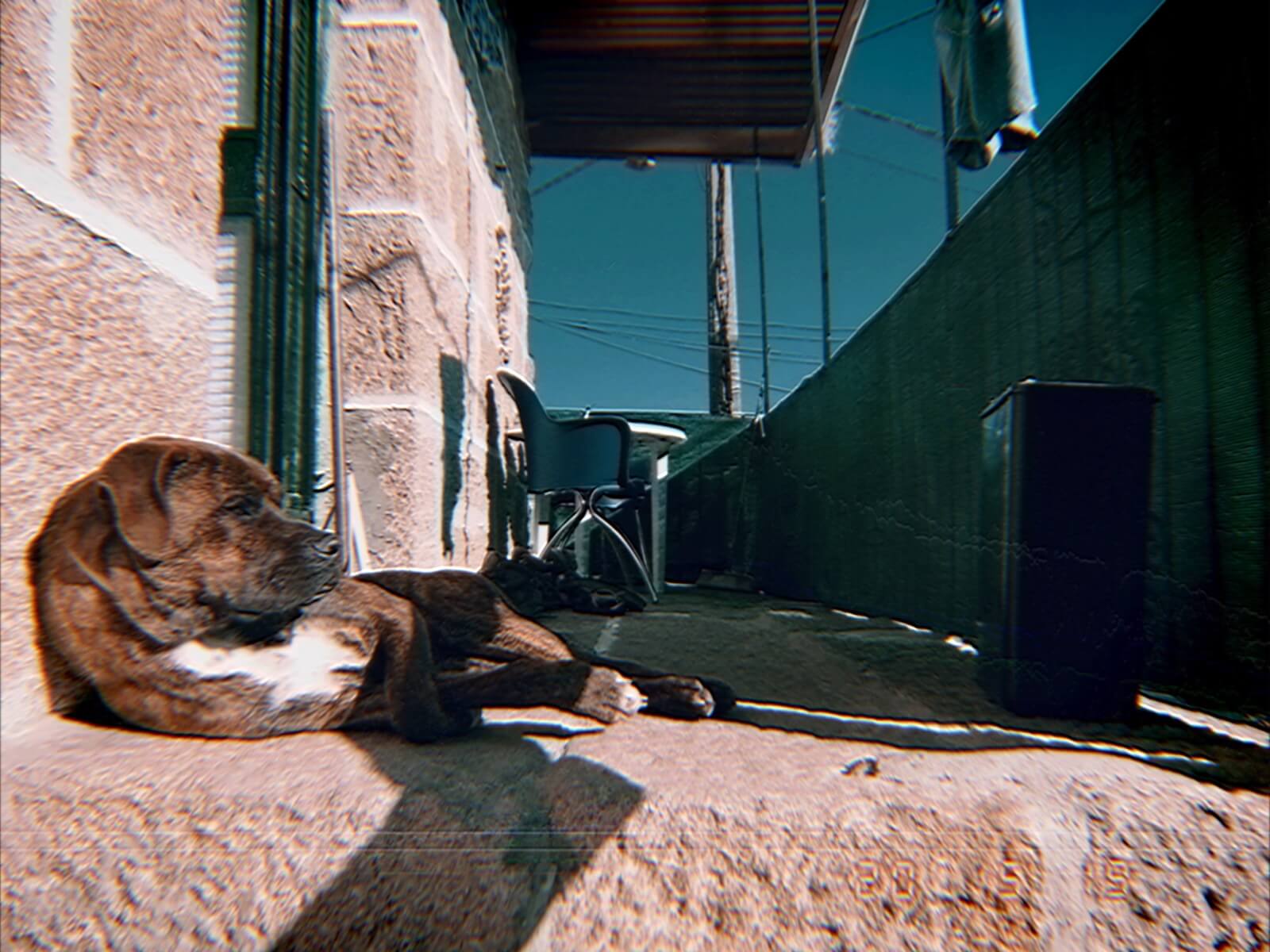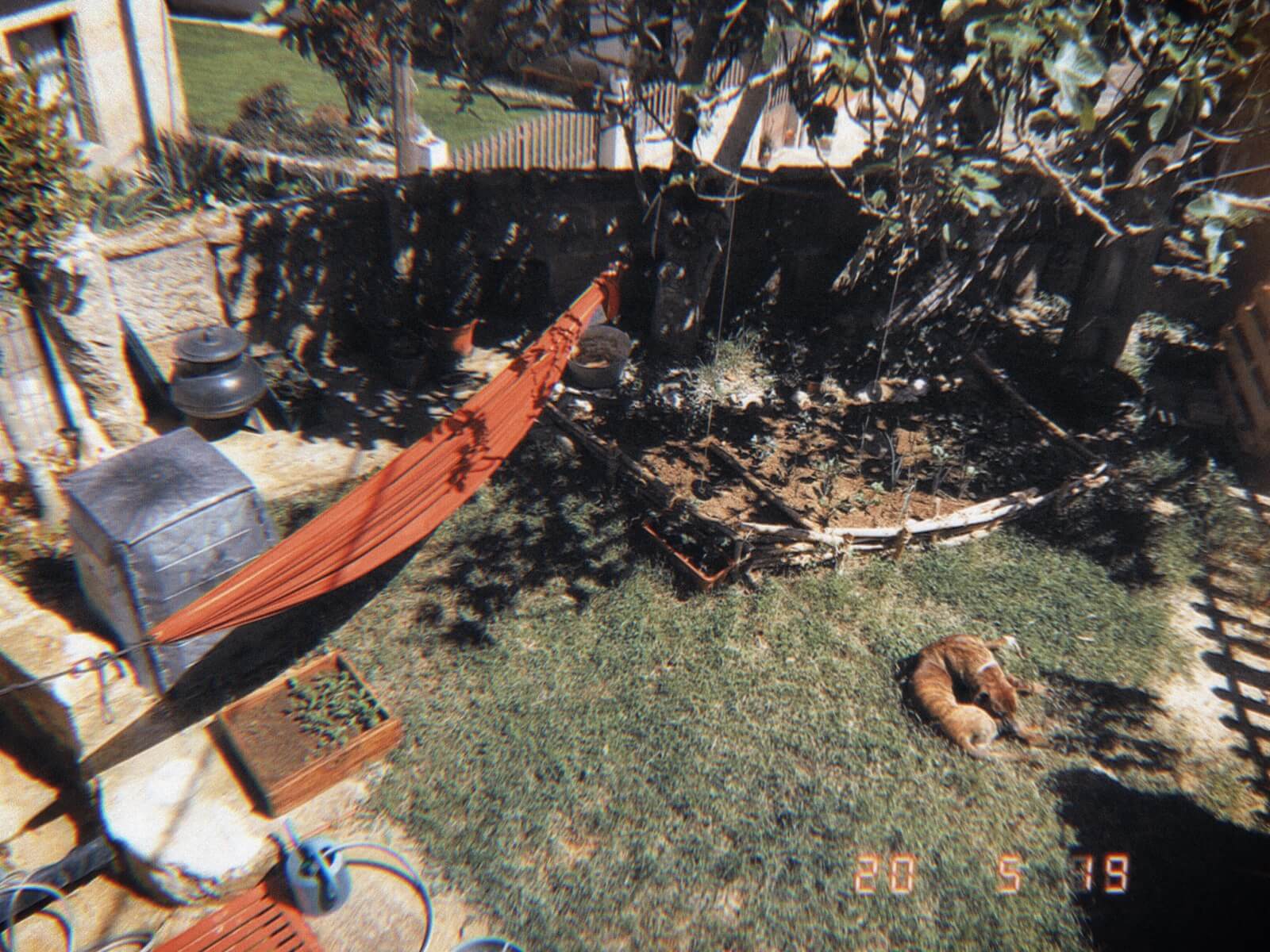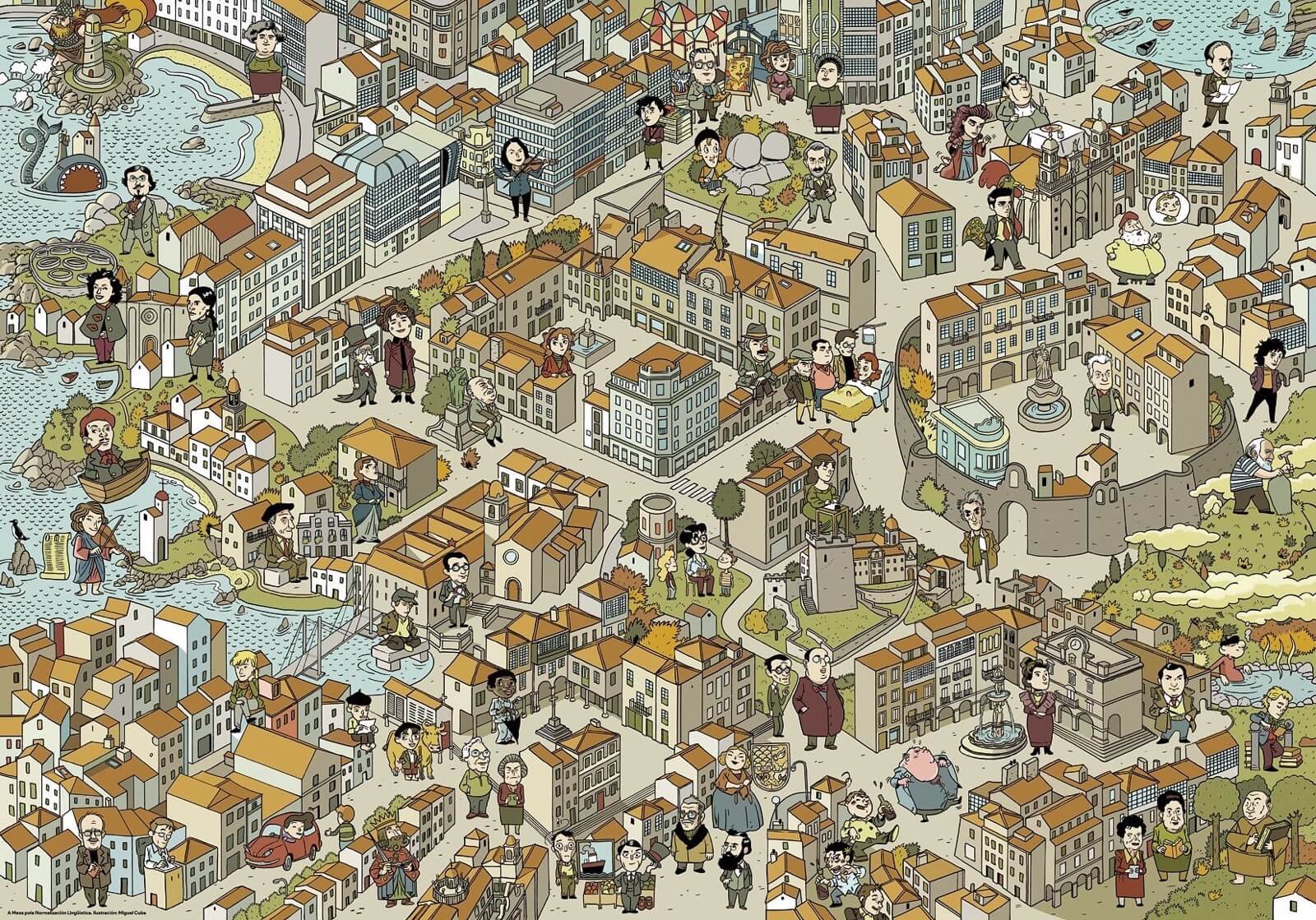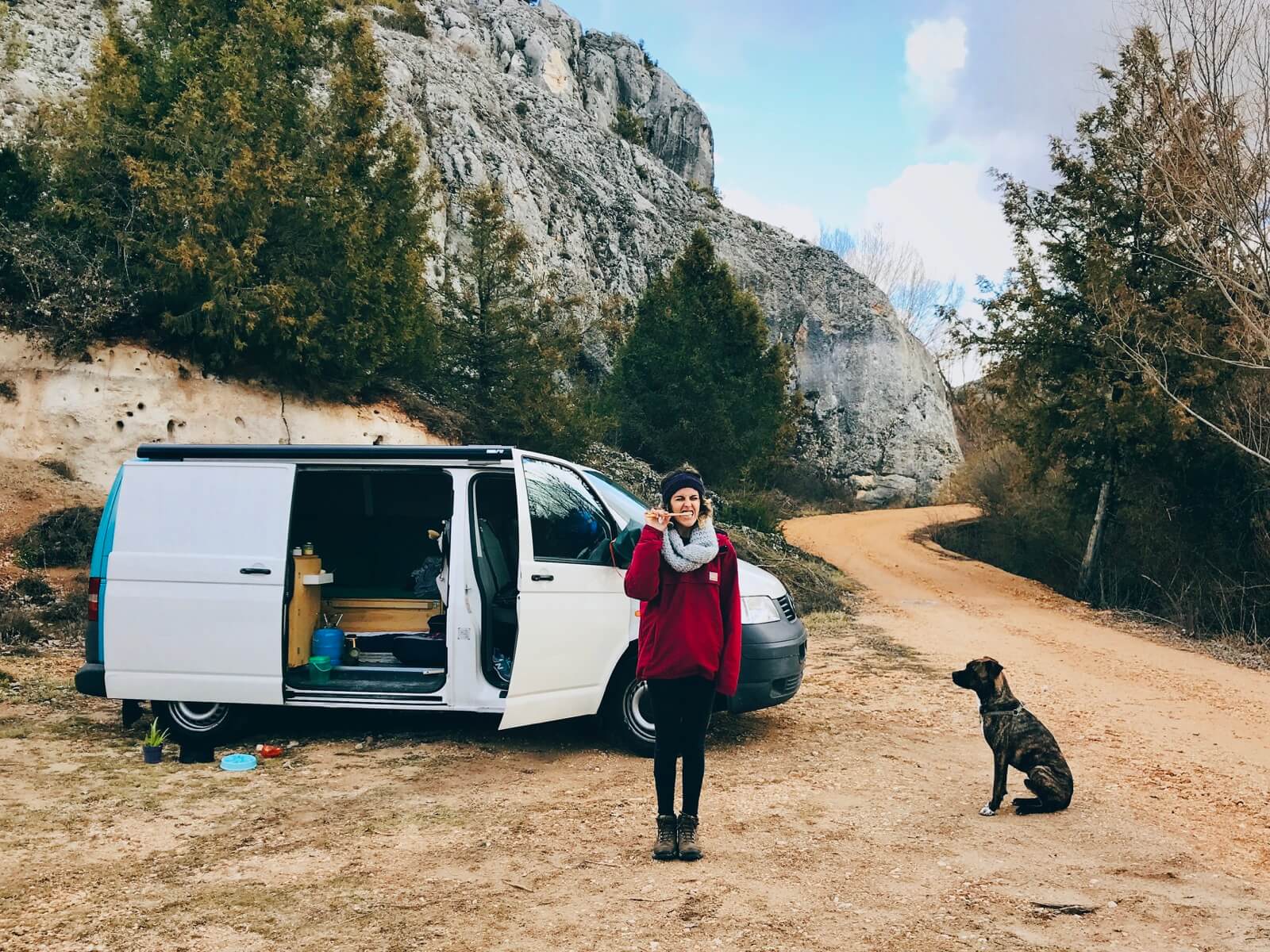A thing I saw after the the end of the Bernie campaign was this call online for the socialist left to throw down our ideological weapons and surrender to the inevitable Biden candidacy. “You have to vote for him! Otherwise, you are enabling fascism,” some said.
The scale of social change required to manage the impending age of catastrophe lies beyond the myopia of those who, since the election of George W. Bush (if not before that, in historical terms), have endlessly repeated that we have no option but to reduce our politics to the embrace of the “lesser evil.” To reprimand young people for failing to muster enthusiasm for voting for the lesser evil ultimately amounts to a refusal to recognize the necessity for a greater idea, for a mobilization for structural transformation. In our age of catastrophe, “lesser-evil-ism” is the most unethical position. The slogan of May ‘68, “Be realistic; demand the impossible!” remains a rational and ethical principle for the present. We should be inspired by the youth who are reviving it.
Haider rightly points out the absurdity of demanding allegiance from a few thousand socialists and preemptively blaming them for a possible loss, rather than building a political program that inspires millions of Americans who do not see the point in voting at all.
If Biden loses, it will not be because the Democratic Socialist of America didn’t endorse him, a request unbelievably laughable. It will be because, like in 2016, the Democratic Party decided to tack to the center, offer platitudes, and bank on white educated suburbanites and older loyalty voters of color. They will once again ignore the working class, the precarious millennials with Uber jobs and no chance of ever becoming homeowners ourselves.
To be transparent, I am still undecided about what I will do in November. California is solidly blue and we all know the popular vote is meaningless in our supposed democratic republic. I can hold my nose and vote for Biden, stay home, or vote third party.
The troika of crises that I squawk about; coronavirus, capitalism and the looming financial crisis, and climate change demand much more than going to the polls every four years for a false choice between evils. A re-configuration of society based on ecological, internationalist, and anticapitalist lines is the only way forward.
You say “it’s unnecessary”? Look around.
You say “it’s impossible”? Not with that attitude.
